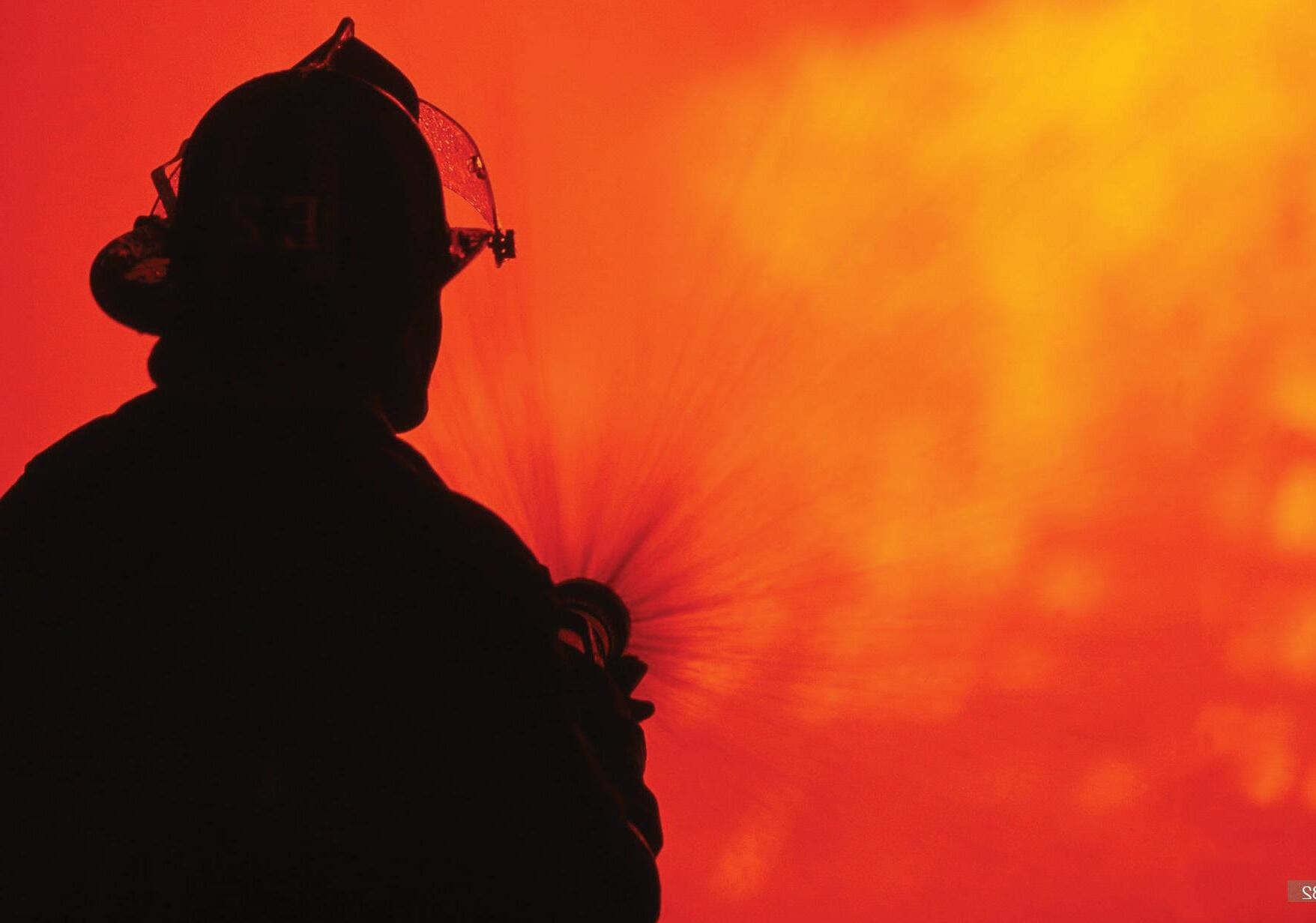

 CHRIS ZIMMERMAN CONTRIBUTOR
CHRIS ZIMMERMAN CONTRIBUTOR

PALMERSTON – With lim fessionals, residents in small towns are often left with no option but to travel for medical appointments. Fortunately, transportation services are available, thanks in part to volunteers like Malcolm Small.
He has been volunteering as a driver since being laid off five years ago. He started driving for the Red Cross in Brantford, but when his family moved to Palmerston, he began volunteering with the Victorian Order of Nurses (VON).
“I wasn’t ready to retire –I still had some stuff to do,” Small said in an April 13 interview.
VON client service associate Kathy Higdon said the organization is lucky to have so many wonderful volunteers and she lauded the work of Small.
“Malcolm is very friendly, outgoing, and approachable. He’s very attentive and kind to our clients and makes sure they get from their door, into his car, and to their appointment,” Higdon said.
“He’s fairly new to Palmerston, so it’s nice that he’s jumped right in to help support the community.
“We have several clients that specifically ask for him now. And we do try to accommodate that if we can.”
Small said he feels elderly patients often have the greatest need, as they are less likely to drive themselves.
“The physician shortage is kind of pronounced. There are no specialists up here so [patients] need somebody that

can take them from point A to point B and bring them back,” he said.
VON typically sends Small a list of required transport at the start of the week, generally limited to three trips out of town.
This usually means travelling to Toronto, Hamilton or London.
When assigned shorter drives, he’s more likely to make four or five trips.
“It takes a special individual to volunteer,” Small mused.
“Not everybody wants to give up their time. I just happened to have a whole lot of it on my hands, and I didn’t like that.”
After a career spent working in a lab as a formulation chemist, Small was eager to continue serving his community.
“It was either this or go back to work and I can’t do that. I’m just too old for it. Nobody’s going to hire somebody over 65,” he added.
VON holds an annual volunteer appreciation dinner, which has been a drive-through event for the past few years due to COVID-19.
Higdon



CHRIS ZIMMERMAN
CONTRIBUTOR
WELLINGTON COUNTY –Priorities have shifted over the course of the COVID-19 pandemic and volunteers are finding it more difficult than ever to contribute.
There are many hidden obstacles such as the cost involved in travel, childcare that may be needed while volunteering, and the high cost of living.
New data from Statistics Canada shows most organizations in the non-profit sector are facing challenges related to volunteerism, with 17 per cent of organizations in the country having to cancel programs due to the unavailability of volunteers.
The data also shows 65% of businesses report facing a shortage of new volunteers, 51% face challenges with retention, and 35% say their services are suffering due to a reduction in programs.
Volunteers themselves say they are unable to commit long-term (42%), with many (26%) reporting burnout and stress.
Megan Conway, president and CEO of Volunteer Canada, has seen this trend firsthand.
The member-based organization of 1,100 charities and non-profits across the country has reported problems with recruitment and retention of volunteers.
“If we look at the fact that over 50% of charities and nonprofits are completely run by volunteers, it’s a problematic scenario,” Conway said. “Organizations like these need volunteers to provide services and programs.”
She added, “Because of inflation, along with several other structural or societal issues, people are more reliant on frontline services like food banks, shelters, and some of those basic supports that they

might turn to. “For those organizations that are highly reliant on volunteers to deliver their services, there’s a major problem.”
On March 31 the People and Information Network in Guelph closed permanently after more than two decades of service due to funding shortfalls and a lack of volunteers.
Meals on Wheels programs have closed across the country.
And in some parts of Canada wait times to join Girl Guides have been as long as two years. The list of examples goes on.
Conway noted seniors contribute the most in terms of the number of hours worked. Yet there are more individual youths volunteering than any other demographic.
“Senior volunteers play crucially important roles but are
aging out of those roles. We need to think about how to engage younger demographics to step into some of those positions,” she said.
Volunteer Canada has shifted toward a more inclusive movement around volunteerism and participation. It is working toward building a research data strategy to better understand the state of volunteerism, as officials believe there’s an opportunity to build strategies that support everyone. Despite inflation hikes, and other socioeconomic changes, Conway worries that people have taken for granted the importance of volunteering.
“Volunteers are essential to our daily lives, and I don’t think we necessarily tell the story of what the value of volunteering is strongly enough,” she said.
“Collectively, think we’re at an important inflection point where we need to really think through how we support and strengthen volunteerism across the country.”








